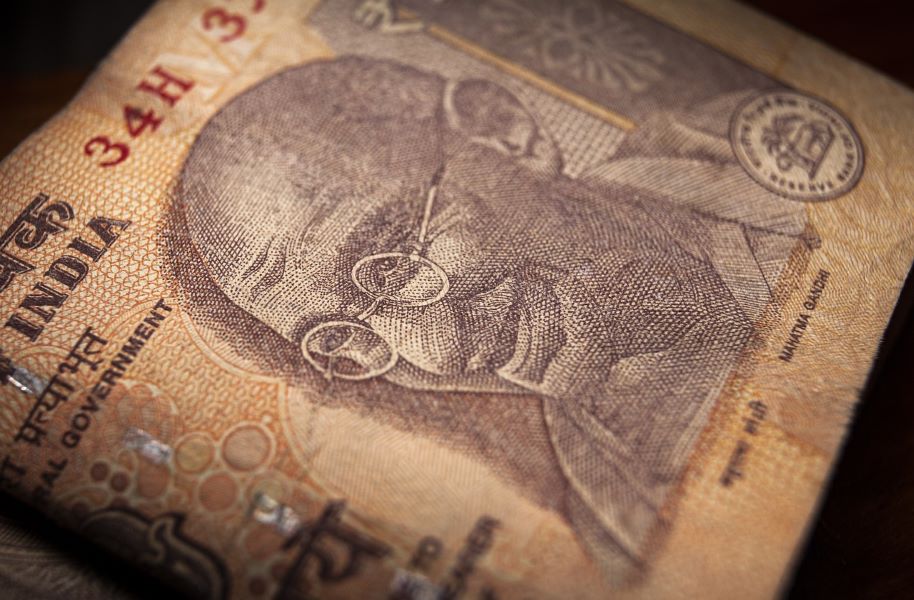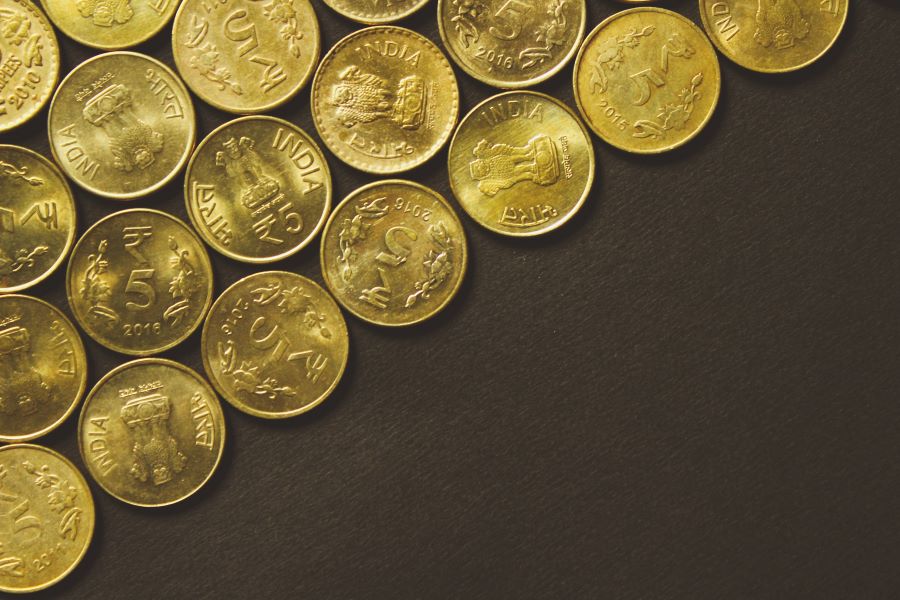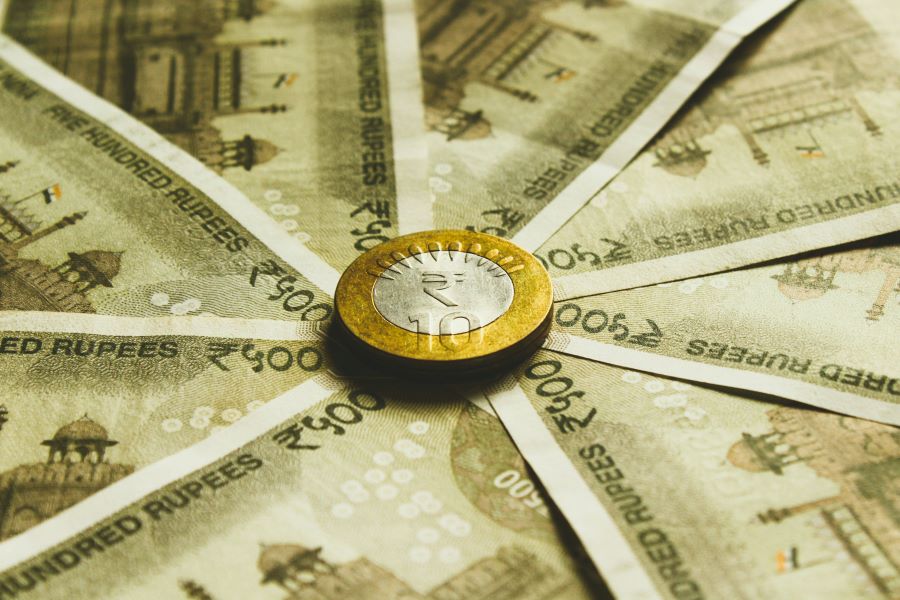When you apply for a personal loan, your CIBIL score plays a crucial role in determining your eligibility and the interest rate offered. A high CIBIL score can unlock competitive interest rates and higher loan amounts, while a low score may lead to rejection or expensive loan terms. In this article, we’ll explore how your CIBIL score impacts your personal loan prospects, factors that influence your credit score, and steps you can take to improve it.
Understanding the Role of CIBIL Score in Personal Loans
What is a CIBIL score?
Your CIBIL score, also known as your credit score, is a three-digit number ranging from 300 to 900 that reflects your creditworthiness. It is calculated based on your credit history, including factors like payment behaviour, credit utilization, and length of credit history. Lenders refer to your CIBIL score to assess the risk of lending money to you.
How CIBIL score affects personal loan eligibility
Most lenders have a minimum CIBIL score requirement for personal loan applicants. While the exact cut-off varies across lenders, a score of 750 or above is generally considered good. A high CIBIL score indicates responsible credit behaviour and makes you a low-risk borrower, increasing your chances of loan approval.
For example, Rahul has a CIBIL score of 800 and applies for a personal loan at his bank. Given his excellent credit profile, the bank readily approves his loan application.
Impact of CIBIL score on personal loan interest rates
Your CIBIL score not only determines your eligibility but also influences the interest rate offered on your personal loan. Lenders reserve their best rates for borrowers with high credit scores, as they are seen as less likely to default. A difference of even 50-100 points in your CIBIL score can significantly impact your interest outgo.
Consider this scenario: Priya and Amit both apply for a ₹5 lakh personal loan with a 5-year tenure. Priya has a CIBIL score of 800 and is offered an interest rate of 12% p.a., while Amit with a score of 650 gets a rate of 16% p.a. Let’s see how this difference impacts their EMIs and total interest paid:
|
Borrower |
CIBIL Score |
Interest Rate |
EMI |
Total Interest |
|---|---|---|---|---|
|
Priya |
800 | 12% | ₹11,122 | ₹1,67,320 |
|
Amit |
650 | 16% | ₹12,294 | ₹2,37,640 |
As the table shows, a higher CIBIL score helps Priya save over ₹70,000 in interest payments compared to Amit.
Factors That Impact Your CIBIL Score
Payment history
Your track record of making payments on time carries the highest weightage in your CIBIL score calculation. Late payments, missed payments, and defaults can severely damage your score. Ensure you pay all your EMIs and credit card bills by the due date to maintain a healthy payment history.
Credit utilization ratio
This ratio measures the amount of credit you are using compared to your total credit limit. A high credit utilization ratio, typically above 30%, can negatively impact your CIBIL score. Aim to keep your credit usage low by paying off credit card balances and avoiding maxing out your cards.
Length of credit history
A longer credit history gives lenders more data points to assess your creditworthiness. Avoid closing old credit accounts, as they contribute to the length of your credit history.
Credit mix
Having a diverse mix of credit types, such as secured loans (home loan, car loan) and unsecured loans (personal loan, credit card), can positively impact your CIBIL score. However, avoid applying for too many new credit lines within a short span, as it can be seen as credit hungry behaviour.
Improving Your CIBIL Score for Better Personal Loan Offers
Check your credit report regularly
Periodically review your credit report for errors or discrepancies that may be pulling down your score. You can access your free credit report annually from the official CIBIL website. If you find any inaccuracies, raise a dispute with CIBIL to rectify them.
Pay your dues on time
Set up reminders or enroll in auto-debit facilities to ensure timely payment of EMIs and credit card bills. Consistently making payments on time is the most effective way to improve your CIBIL score over time.
Maintain a low credit utilization ratio
Keep your credit card balances low and aim to use no more than 30% of your total credit limit. High utilization can signal financial strain and lower your CIBIL score.
Avoid multiple loan or credit card applications
Each time you apply for credit, the lender initiates a hard inquiry on your credit report, which can temporarily lower your score. Apply for new credit only when necessary and space out your applications over time.
Build a positive credit history
If you are new to credit, start with a secured credit card or a small personal loan to build your credit history. Use credit responsibly by making payments on time and keeping balances low.
Success Story: How Improving CIBIL Score Helped Secure a Low-Interest Personal Loan
Nikhil, a 32-year-old IT professional, had a CIBIL score of 550 due to past payment delays and high credit card balances. When he applied for a personal loan to fund his wedding expenses, he was rejected by multiple lenders due to his low credit score.
Determined to improve his score, Nikhil took the following steps:
-
He obtained his credit report and identified areas of improvement.
-
He set up auto-debit for his EMIs and credit card payments to ensure timely payments.
-
He paid off his credit card balances and kept future utilization below 30%.
-
He avoided applying for new credit lines during this period.
After six months of consistent effort, Nikhil’s CIBIL score improved to 750. He reapplied for a personal loan and was approved at a competitive interest rate, thanks to his improved credit profile.
Conclusion
Your CIBIL score is a vital factor that lenders consider when evaluating your personal loan application. A high score can improve your eligibility and help you secure loans at attractive interest rates. By understanding the factors that impact your CIBIL score and taking steps to maintain a good credit profile, you can enhance your chances of availing a personal loan when you need it.
To get started on your personal loan journey, check your loan eligibility and calculate your EMI using the personal loan calculator from Airtel Finance. With minimal documentation and quick processing, Airtel Finance offers personal loans tailored to your needs. Download the Airtel Thanks app to explore your loan offers and take control of your financial goals today!
FAQs:
-
What is the minimum CIBIL score required for a personal loan?
While the minimum CIBIL score requirement varies across lenders, a score of 750 or above is generally considered good for personal loan eligibility. -
Can I get a personal loan with a low CIBIL score of 550?
Getting a personal loan with a CIBIL score of 550 can be challenging, as most lenders have a higher minimum score requirement. Focus on improving your credit score before applying for a loan. -
How can I check my CIBIL score for free?
You can get your free CIBIL score and credit report annually by visiting the official CIBIL website and filling out the request form. -
Will applying for a personal loan affect my CIBIL score?
Yes, when you apply for a personal loan, the lender will initiate a hard inquiry on your credit report, which can temporarily lower your CIBIL score by a few points. -
How long does it take to improve my CIBIL score?
Improving your CIBIL score is a gradual process that can take several months to a year, depending on your starting score and credit behavior. Consistent efforts like timely payments and low credit utilization can help raise your score over time. -
What is a good CIBIL score for securing a low-interest personal loan?
A CIBIL score of 750 or above is considered good and can help you secure personal loans at attractive interest rates. The higher your score, the better your chances of getting the best loan offers.


 Get App
Get App  Airtel Store
Airtel Store  Login
Login 


